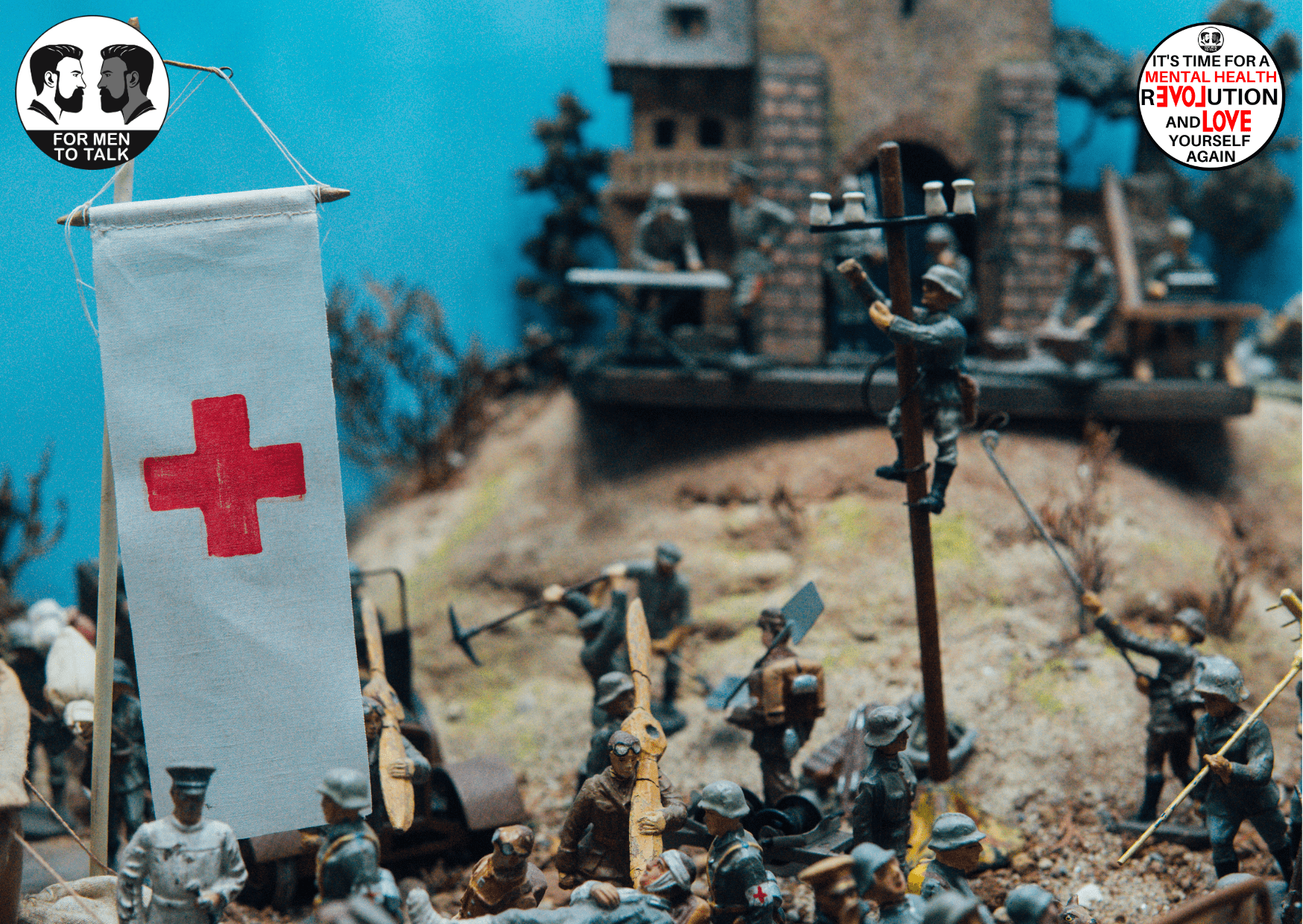Supporting military veterans’ physical and mental health needs: Suicide Awareness

Transitioning out of a military career, particularly when it has been unexpectedly shortened due to illness or injury, can present significant challenges for veterans. It is crucial to provide comprehensive support to address their physical and mental health needs.
Physical Health Support
The physical toll of military service, whether from combat, training, or other demanding tasks, can leave veterans with various health issues. Post-military care should prioritise comprehensive physical health support. This includes access to specialised medical services, rehabilitation programs and ongoing treatment for injuries and illnesses incurred during service. By addressing physical health needs, veterans can regain functionality, manage pain and enhance their overall well-being, enabling them to embrace new opportunities in their civilian lives.
Mental Health Support
The emotional and psychological challenges that veterans face can be overwhelming, particularly if their military career has been abruptly cut short. Effective post-military care should focus on providing mental health support. This entails readily available counselling services, therapy and access to mental health professionals experienced in working with veterans. Understanding and addressing issues like post-traumatic stress disorder (PTSD), depression, anxiety and adjustment disorders are vital in promoting veterans’ mental well-being. By addressing mental health needs, veterans can find healing, develop coping strategies and build resilience to navigate the challenges of civilian life.
Suicide Awareness
But, we need to talk about suicide. Every day, ‘Help For Heroes’ specialist teams support veterans and families to stand strong once again. But for many, the journey before they take the first step towards accessing that support can take weeks, months or even years.
‘Help For Heroes’ believe having a conversation can be lifesaving. When someone opens up, it’s important that they feel safe and listened to. They want to help create suicide safer communities, where veterans and families feel they can speak up as soon as they start to struggle.
Learning how to read between the lines and start a conversation, could be lifesaving.
The Help for Heroes/ZSA Suicide Awareness Training (Veteran Edition) will help you spot the signs that someone may be struggling. See more at https://bit.ly/3NPSE1n
‘For Men To Talk’ founder Luke Newman recently undertook the training.

Alongside the ‘ZSA Suicide Awareness Training’ they have developed a ground-breaking veteran-specific suicide awareness training course. This course will give you the skills and knowledge you need to have a potentially life-saving conversation with a family member, friend, colleague or even a stranger in the street. Scenarios, real life stories and resources will help guide you through what to do, should the situation arise.
There is also a sources of support available at https://bit.ly/3pq4Axl